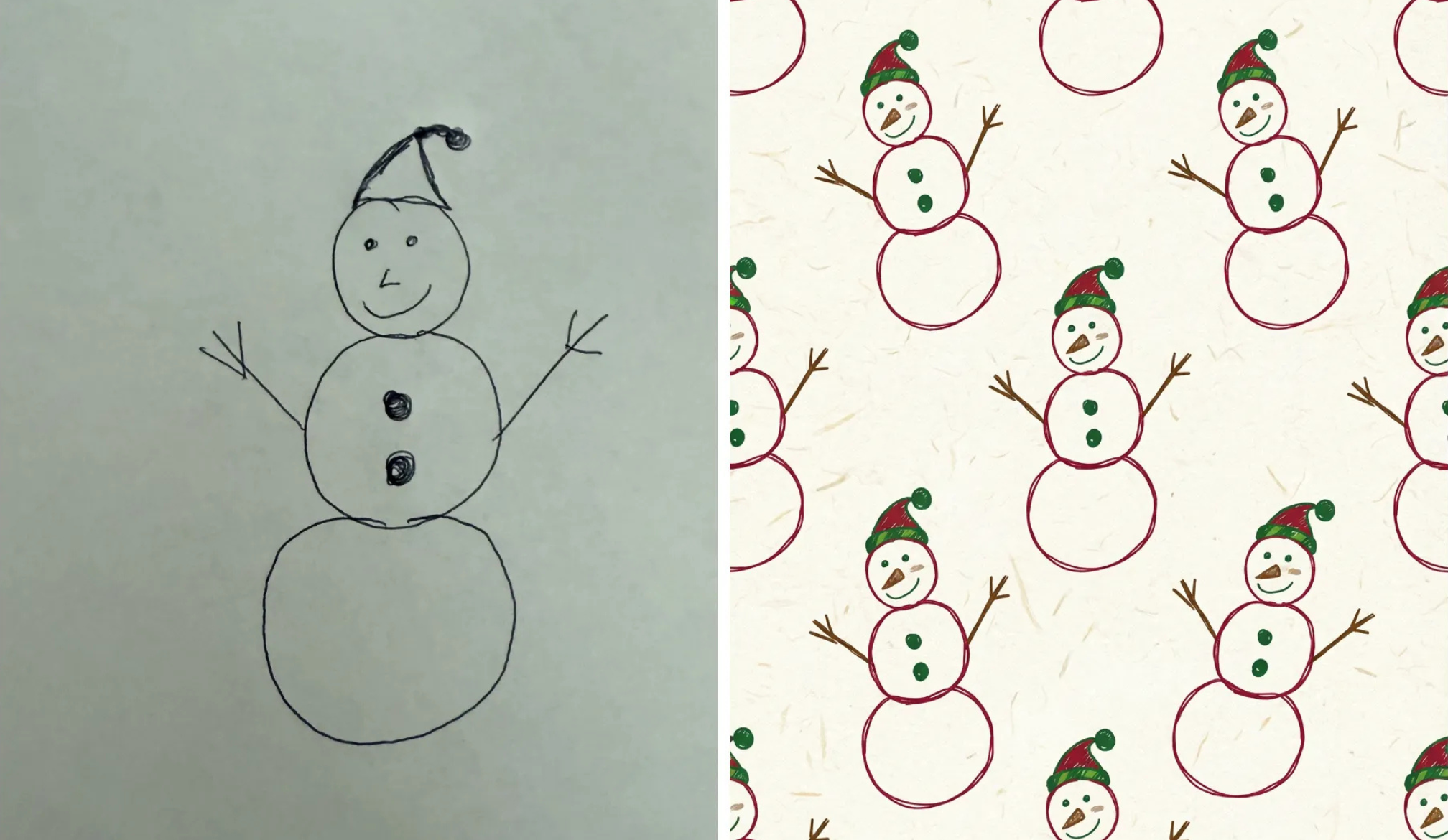5 Key Skills Every Early Childhood Educator Should Master
- Written by The Times

A child's formative years are critical to their growth. Young minds are like sponges during this period, soaking up knowledge and experiences that mould their future social interactions and academic pursuits. Early Childhood Educators (ECEs) are essential in providing children with guidance and care during this crucial phase.
So, what defines an excellent ECE? Apart from a genuine affection for kids, particular qualities distinguish outstanding teachers. These abilities provide youngsters with a secure and engaging environment while laying the groundwork for their future success.
This blog analyses 5 essential competencies that all early childhood educators ought to possess while planning to educate with child care courses:
1) Effective Communication:
Effective communication is a requirement of early childhood education. Educators must be able to communicate with kids, parents, and coworkers understandably and efficiently. This ability includes active listening in addition to verbal and nonverbal communication.
How to Become an Expert in It
- Active Listening: Act as though you genuinely care about what the kids have to say. Encourage them to express themselves, and trust will result.
- Use Simple Words: Modify your terminology to make it clear and age-appropriate. Avoid using jargon and complicated phrases when conversing with young children.
- Nonverbal Interaction: Observe gestures, facial expressions, and body language. These can elicit feelings of cosiness, excitement, and comprehension.
- Talk to the Parents: Inform parents regularly about their child's development, difficulties, and successes.
- Make use of a variety of communication channels, including emails, newsletters, and in-person meetings.
- Work Together with Colleagues: Keep the lines of communication open with staff members and other educators to guarantee a supportive and coherent learning environment.
2) Imagination and Creativity
A child's world is full of wonder and curiosity. Early Childhood Teachers must use this intrinsic creativity to establish a dynamic learning environment. How to do it is as follows:
- Creating Interesting Activities: Don't limit yourself to worksheets and textbooks. ECEs should create age-appropriate activities that ignite kids' imaginations and promote discovery. These could entail creative endeavours, music and movement performances, theatrical acting, or outdoor exploration.
- Establishing a Playful Learning Environment: Play is essential for a child's development and is not just fun. ECEs should set up a secure, engaging environment with materials to be used freely to promote imaginative play and discovery.
- Songs and Storytelling are excellent means of drawing in young listeners and imparting essential knowledge. ECEs can use these abilities to introduce novel ideas, improve language proficiency, and cultivate a love of learning.
- Thinking Outside the Box: A classroom will inevitably have difficulties and unforeseen circumstances. To solve issues and guarantee the welfare of all children, ECEs must be resourceful, flexible, and creative thinkers.
3) Empathy and Patience
Early childhood is a time of fast development, with happy, frustrating, and all-in-between moments. To effectively handle these many scenarios, ECEs require a good measure of empathy and patience:
- Knowing Child Development: ECEs can anticipate children's needs and offer the correct support when they understand how children develop. This includes identifying a child's developmental milestones and determining when they want more assistance.
- Managing Emotions: Young children are still developing this skill. When faced with temper outbursts, impatience, or meltdowns, ECEs must maintain their composure and patience. This entails developing children's emotional intelligence and employing de-escalation tactics.
- Developing trust and rapport Children do best in environments that make them feel comfortable and safe. ECEs should establish a rapport of trust with every kid, showing them empathy and patience for their unique needs.
4) Observation and Evaluation
One of the many hats early childhood educators wear is that of an observer. With meticulous observation of children's behaviour and interactions, professionals may evaluate children's growth and pinpoint areas in which they may require extra assistance. This is where this expertise is useful:
- Recognising Individual Needs: Every child develops at a different rate. Early childhood educators (ECEs) must possess acute observational skills to determine each child's strengths and shortcomings and adjust their teaching tactics to suit their needs.
- Recording Development: Good documentation allows ECEs to monitor a child's development over time. This information depends on planning upcoming learning activities and communicating with parents and guardians.
- Finding Opportunities for Learning: Early childhood educators can spot teachable moments in routine encounters through observation. For example, a fight between friends can offer a chance to teach conflict resolution techniques, while a spilled drink can serve as a lesson in cleanup.
5) Proficiency in Culture and Inclusivity
The early childhood education environment is becoming increasingly varied which you can definitely learn from the chc30121 certificate iii in early childhood education and care course. Early childhood educators must possess cultural competence and inclusivity to provide a welcoming atmosphere for all children and families.
- Understanding Diverse Backgrounds: Families with varying cultural, traditional, and historical backgrounds raise their children. ECEs should recognise and value these distinctions by incorporating them into lesson plans and instructional activities.
- Respectful Communication: Language obstacles do not stand in the way of effective communication. ECEs may interact politely with kids and families from different backgrounds using basic sentences, drawings, and nonverbal clues.
- All-Inclusive Learning Environment: The classroom setting must reflect the diverse students it accommodates. This can be as simple as displaying exhibit books and other materials highlighting other cultures, adding music and tales from different nations, and commemorating cultural holidays all year.
In conclusion
Mastering these 5 essential skills could make you an exceptional early childhood educator. By consistently refining these talents, you can create a stimulating and nurturing environment, supporting young children's overall development.
Remember that developing into an outstanding teacher is a lifelong path, and the students you instruct will benefit significantly from your commitment to learning these abilities.























